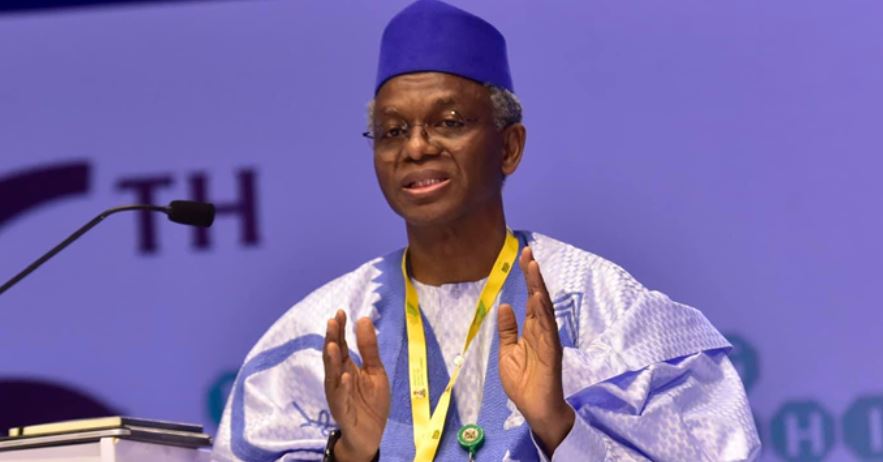The political landscape in Nigeria witnessed a significant development as former members of the Congress for Progressive Change (CPC), a defunct party that merged with others to form the ruling All Progressives Congress (APC), publicly disavowed claims made by prominent figures Abubakar Malami and Nasir El-Rufai regarding plans to challenge President Bola Tinubu’s re-election in 2027. The former CPC lawmakers, who served in the 7th National Assembly, held a press conference in Abuja to categorically distance themselves from any such coalition and assert their exclusive authority to speak on behalf of the legacy party. This public declaration underscores the internal power dynamics within the APC and the lingering influence of the legacy parties that formed it.
At the heart of the dispute lies the question of legitimate representation of the defunct CPC. Malami, the former Attorney General of the Federation, had questioned the authenticity of a CPC faction led by former Nasarawa State Governor Tanko Al-Makura. He posited that only a faction aligned with former President Muhammadu Buhari, which included himself, held the true mandate of the CPC and could legitimately engage in political maneuvering, including potential alliances with opposition figures like former Vice President Atiku Abubakar and El-Rufai. This claim was vehemently rejected by the former CPC lawmakers, who insisted that their electoral mandate in 2011 made them the sole legitimate representatives of the party and its legacy.
Nasiru Ila, a former Senior Special Assistant to President Buhari and chairman of the delegation of former CPC lawmakers, led the charge against Malami’s assertions. He emphasized that the group of elected representatives from the 7th National Assembly embodies the will of the twelve million Nigerians who voted for CPC candidates in 2011. This appeal to the original mandate serves as a powerful argument against Malami’s claims and reinforces the lawmakers’ position as the true custodians of the CPC’s legacy. Ila’s rebuttal highlights the ongoing struggle for legitimacy and control within the APC, with different factions vying for influence and the right to represent the interests of the former CPC.
The press conference also revealed the discontent among some former CPC members who felt marginalized within the APC. Aliyu Gedin, another former lawmaker, expressed frustration at the perceived sidelining of their faction but reiterated their commitment to the ruling party. His statement hinted at a sense of betrayal, suggesting that newcomers had unfairly gained prominence within the APC while those who had invested in the party’s foundation were overlooked. This sentiment underscores the challenges of merging different political entities and the potential for internal conflicts to arise from perceived inequities in power sharing and recognition. Gedin’s remarks also touched upon the performance of the Tinubu administration, acknowledging some positive steps but emphasizing the need for improvement and course correction.
The public disavowal of Malami and El-Rufai’s alleged plans represents more than just an internal party squabble. It reflects the ongoing jostling for power and influence within the APC as different factions maneuver for positioning ahead of the 2027 elections. The assertion by the former CPC lawmakers that only they possess the legitimate authority to speak for the defunct party highlights the complex legacy of party mergers and the enduring significance of the original constituent groups. Their claim to represent the twelve million Nigerians who voted for the CPC in 2011 serves as a potent reminder of their political weight and their determination to protect the party’s legacy.
The presence of other prominent figures at the press conference, including Senator Ibrahim Musa, Ibrahim Gobir, and Garuba Datti, the APC National Vice Chairman for the North-west, further emphasizes the significance of this declaration. Their collective stance signals a unified front against Malami and El-Rufai’s alleged maneuvers and underscores the importance of respecting the legacy and mandate of the former CPC within the broader APC framework. This public display of unity sends a clear message to other factions within the party and reinforces the former lawmakers’ claim to be the legitimate voice of the defunct CPC.














